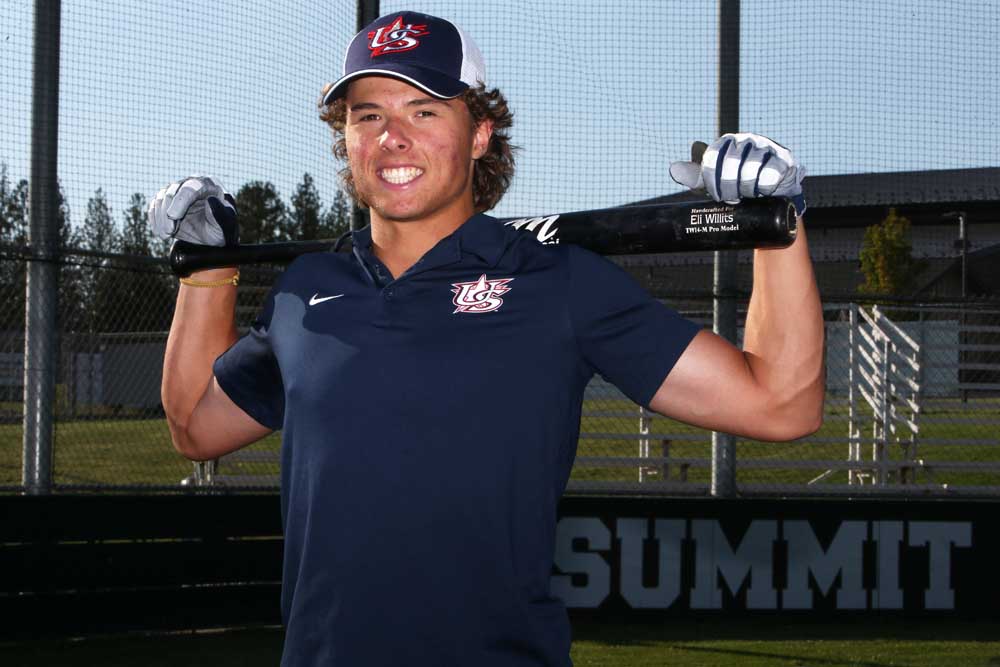Survey of resorts’ wages eye-opener for Bachelor
Published 5:00 am Thursday, August 17, 2006
Last year, Mt. Bachelor ski area went to South America to address a shortage of entry-level workers.
The resort will go south again this year to find seasonal help. It also will raise wages for lift mechanics in order to remain competitive in the industry.
Trending
The ski area based part of its decision to raise pay on a recent wage survey commissioned by the National Ski Areas Association. According to the survey, Mt. Bachelor’s wages for lift mechanics fell below the norm.
In other categories, Bachelor officials say they’re within industry ranges.
Completed by Sierra Research Associates of Lake Tahoe, the study breaks down wages regionally and nationwide by position at 104 ski resorts, representing average wages for 65,658 total employees.
Ski resorts use the data to ensure they’re competitive with other resorts in the region, said Charles Riley, a principle researcher with Sierra Research Associates.
Some ski resorts pay up to 20 percent more than their competitors for more highly skilled employees such as lift maintenance and information technology workers, he said.
”These individuals don’t come cheap,” he said. ”Resorts can differentiate themselves from their competitors by putting their money where their mouth is.”
Trending
Riley stressed, however, that the labor shortage would not be fixed with higher wages across the board.
”It’s not a matter of simply paying more money,” he said. ”They need to look at opportunities for their employees to grow within the company to fill the void.”
Mt. Bachelor, which is investing $3.5 million to rebuild the Pine Marten Express chairlift into a highly technical, detachable high-speed quad chair, raised its starting lift mechanic’s wages this year from $11.30 to $12.50 in preparation for the lift’s debut this winter.
”The position is hard to fill,” said Janette Sherman, company spokeswoman. ”It’s specialized and taxing mentally and physically.”
Mt. Bachelor looked at the NSAA report and the Oregon Employment Department’s comparative wage data for Crook and Deschutes counties to determine what a similarly skilled auto mechanic would make in town, she said. The resort raised its wages to try to keep from losing its mechanics to competing employers like auto shops.
Eight of the resort’s 11 lift mechanics are at the mid to higher end of the scale, she said. For more experienced lift mechanics, pay approaches $18 per hour.
”We have to constantly invest in our infrastructure and try to increase the benefits for our employees at the same time,” Sherman said.
Carly Carmichael, director of marketing, said that finding workers cannot be addressed simply by raising wages.
”We’re not going to give flat raises across the board without strategically finding ways to do it,” she said. ”We have to look at how the cost of labor will affect the business.”
Mt. Bachelor shares the same problem as other businesses struggling to fill ”back of the house” seasonal positions such as dishwashers, line cooks and janitors.
Last year, the resort brought 30 Peruvian college students to work on the mountain as entry-level employees to help address its worker void.
Carmichael said the resort will head to South America again to fill the labor gap, working with a company there to bring an unspecified number of college-level students from Peru, Argentina, Brazil and Chile.
In addition, the resort is implementing a new ski school salary structure that will revamp what wages instructors are offered based on how much they’ve been on the slopes, Carmichael said.
”There’s going to be a certain amount of change and we’re going to see who’s on board with the changes that are going on,” she said. ”We want to fill jobs with people who want to be with our company a long time.”
Timberline Ski Area on Mount Hood has many of the same challenges as Mt. Bachelor, said Becky Bunting, human resources manager.
”We’re right there with everyone else,” she said. ”We know we’re competitive, but as an industry we need to raise the bar.”
Even though she would like to see higher wages, Timberline has no plans to raise wages this year, Bunting said.
Timberline competes for workers by offering year-round employment, but most seasonal workers choose to stay for only one season, she said.
Lift operators start at minimum wage and receive 25-cent-per-hour raises per season up to $8.50 an hour before moving into training or supervisory posts, she said.
Cost of living in Government Camp has risen in recent years, she said. The resort has responded by offering low-income housing for its employees.
”We don’t have the same housing scenario as Mt. Bachelor,” she said. ”Low-income housing in Government Camp helps tremendously.”
Maintenance operators are harder to find and receive higher pay for their specialized skills. Apprentices work in the $9- to $12-per-hour range, then can move up to $12 to $21 per hour with additional experience and qualifications.
”We’re talking with Mt. Bachelor and they’re in the same boat,” she said. ”We need to hire and train the next generation of people to work in our industry.”
Talking with human resources managers across the country during the course of his research for the study, Riley discovered that resorts are having trouble hiring both seasonal and year-round employees.
”There are limited employees for the seasonal positions at the wages being offered,” he said. ”It makes hiring international workers (more) cost-effective.







